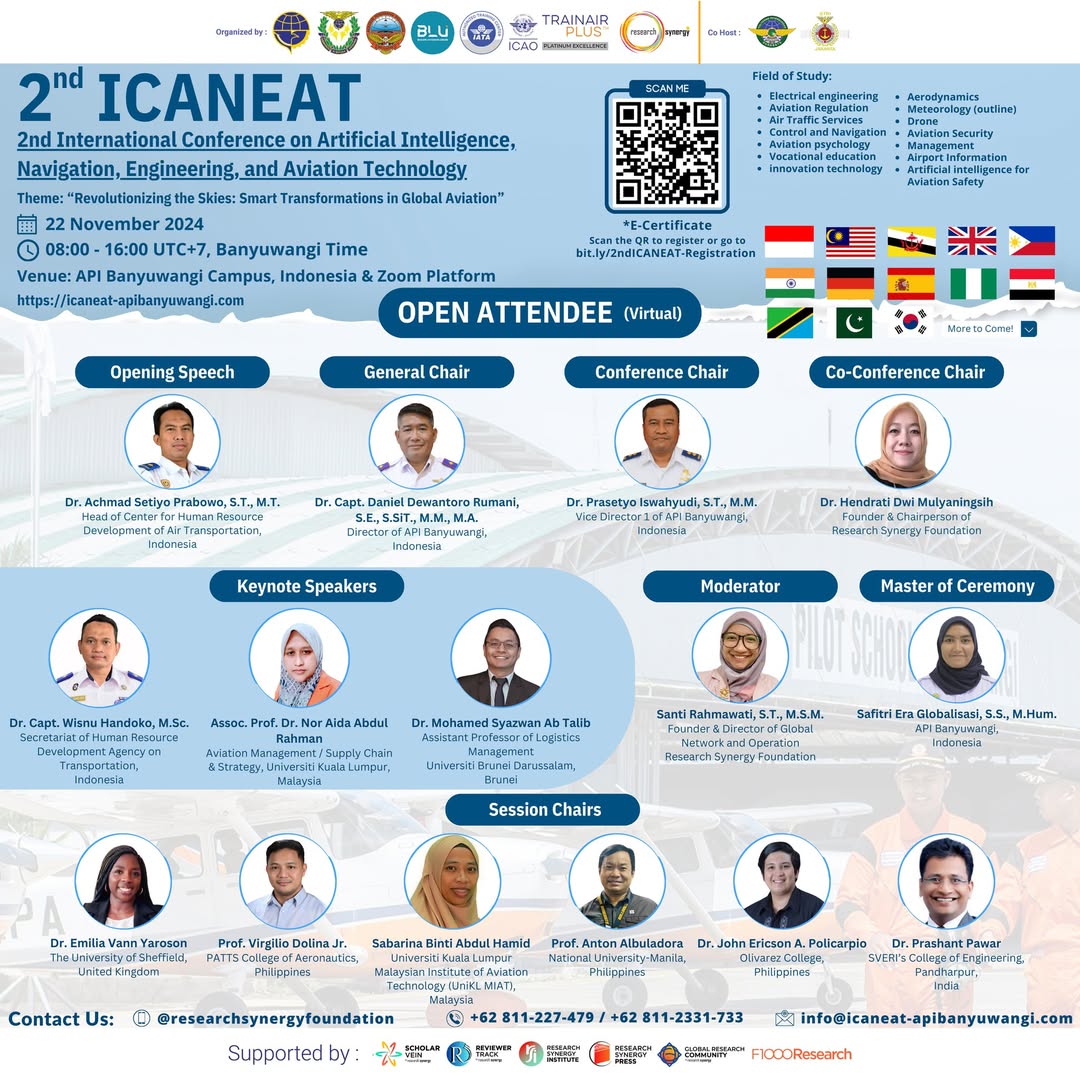The Role of Digital Technology and Public Transparency in BPK's Strategy to Increase Regional Financial Accountability in The Era of Autonomy
Keywords:
BPK, Financial_Accountability, Regional_Autonomy, Digital_Technology, Public_Transparency.Abstract
This study examines the challenges and strategies of the Audit Board (BPK) in improving the financial accountability of local governments in the era of autonomy, by highlighting the role of digital technology and public transparency. In the context of fiscal decentralization, regional financial management has become increasingly complex and raises accountability and transparency issues. This study uses a qualitative approach through case study methods in several Indonesian local governments. The research found a number of key challenges faced by BPK, such as limited human resources, lack of technological infrastructure, and resistance to bureaucratic change. To overcome this, BPK develops strategies through the use of data-based audit systems, the provision of public transparency platforms, and increased digital collaboration with various stakeholders. This strategy has been proven to drive the effectiveness of supervision and improve the quality of accountability. Digital technology allows for a more efficient and evidence-based audit process. Meanwhile, public transparency strengthens social participation and control. The integration of the two is key in facing structural and cultural challenges in regional financial supervision. The results of the study show that the digital and open approach has a significant impact on improving the quality of regional financial governance. Thus, BPK plays a strategic role in strengthening the technology-based financial supervision system and transparency in the era of autonomy.
References
[1] Afriansyah. (2020). Analisis Pengaruh Kompetensi Sumber Daya Manusia terhadap Akuntabilitas Keuangan Pemerintah Daerah. Jurnal Akuntansi dan Keuangan Publik, 5(1), 45-62.
[2] Braun, V., & Clarke, V. (2006). Using thematic analysis in psychology. Qualitative Research in Psychology, 3(2), 77-101.
[3] BPK RI. (2020). Rencana Strategis BPK RI 2020-2024. Jakarta: BPK RI.
[4] Caamaño-Alegre, J., Lago-Peñas, S., Reyes-Santias, F., & Santiago-Boubeta, A. (2013). Budget transparency in local governments: An empirical analysis. Local Government Studies, 39(2), 182-207.
[5] Creswell, J. W., & Poth, C. N. (2018). Qualitative inquiry and research design: Choosing among five approaches (4th ed.). Sage Publications.
[6] Dewi, N. F., & Mimba, N. P. S. H. (2019). Pengaruh Pemanfaatan Teknologi Informasi dan Sistem Pengendalian Internal pada Kualitas Laporan Keuangan Pemerintah Daerah. E-Jurnal Akuntansi, 27(2), 1490-1516.
[7] Harun, H., Mir, M., Carter, D., & An, Y. (2019). Examining the unintended outcomes of public sector reforms in Indonesia. Public Money & Management, 39(2), 86-94.
[8] Hood, C. (2010). Accountability and transparency: Siamese twins, matching parts, awkward couple?. West European Politics, 33(5), 989-1009.
[9] Jaya, I. M. L. M., & Sari, M. M. R. (2019). Pengaruh Resistensi terhadap Implementasi Sistem Informasi Keuangan Daerah. E-Jurnal Akuntansi, 29(1), 314-331.
[10] Kopits, G., & Craig, J. (1998). Transparency in government operations. IMF Occasional Paper No. 158. Washington, DC: International Monetary Fund.
[11] Kusumo, A. T. (2020). Analisis Infrastruktur Teknologi dalam Pengawasan Keuangan Pemerintah Daerah. Jurnal Ilmu Administrasi, 17(2), 256-270.
[12] Mardiasmo. (2018). Akuntansi Sektor Publik (Edisi Revisi). Yogyakarta: Andi Offset.
[13] Ningsih, S., Djalil, M. A., & Diantimala, Y. (2020). Pengaruh Sistem Pengendalian Internal, Pemanfaatan Teknologi Informasi, dan Komitmen Organisasi terhadap Akuntabilitas Keuangan Daerah. Jurnal Ilmiah Mahasiswa Ekonomi Akuntansi, 5(2), 184-198.
[14] Nurlis. (2018). The Effect of the Government Accounting Standards Implementation and Apparatus Competency on the Quality of Local Government Financial Reporting. Research Journal of Finance and Accounting, 9(8), 118-127.
[15] Prabowo, T. J. W., Leung, P., & Guthrie, J. (2020). Digital transformation in government auditing and the strategic role of big data analytics. Meditari Accountancy Research, 28(6), 1141-1166.
[16] Rahman, F. (2017). Analisis Keterbatasan Sumber Daya Manusia dalam Pemeriksaan Keuangan Negara. Jurnal BPPK, 10(1), 24-38.
[17] Rozner, S. (2018). Leveraging digital solutions for public financial management. Washington, DC: U.S. Agency for International Development.
[18] Santosa, P. I., Wijaya, A. F., & Widianingsih, I. (2021). The Impact of BPK's Oversight Effectiveness on Local Government Financial Accountability. Journal of Governance, 6(1), 53-72.
[19] Saputra, B. W., & Mahmud, A. (2020). Pengaruh Pengawasan Internal terhadap Kualitas Pengelolaan Keuangan Daerah. Jurnal Akuntansi, 8(1), 90-102.
[20] Stewart, J. D. (1984). The role of information in public accountability. In A. Hopwood & C. Tomkins (Eds.), Issues in public sector accounting (pp. 13-34). Oxford: Philip Allan.
[21] Wijayanti, R., & Hanafi, I. (2018). Effectiveness of BPK Recommendations for Improving Local Financial Management. Policy & Governance Review, 2(1), 85-98.
Downloads
Published
Issue
Section
License
Copyright (c) 2025 Reni Vadia, Oktarini Khamilah Siregar, Dito Aditia Darma (Author)

This work is licensed under a Creative Commons Attribution-ShareAlike 4.0 International License.









